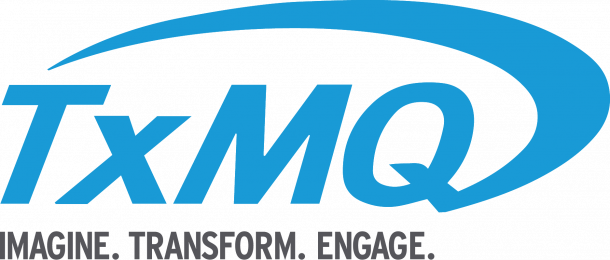There has been a lot of buzz since Watson made his (its?) appearance on Jeopardy!. Yes, it was neat to watch a machine just annihilate two of the arguably smartest contestants that Jeopardy! has ever seen. But what is even more interesting to me is the business implications Watson holds for the future of several industries, particularly medicine.
Now I am sure most of us have watched at least one episode of “House” – the medical drama wherein Doctor House is always trying to diagnose the most obscure of diseases by a process of narrowing down symptoms and researching possible treatments, sometimes by a process of trial and error.
With Watson being utilized in the medical community, there is a strong possibility that doctors can get some assistance when it comes to diagnosing and treating illnesses quicker and more efficiently.
What we saw on Jeopardy! while watching Watson was Watson searching his 2,880 processors that compiled him to recover an answer that he could then extend with a percentage and degree of certainty in less than three seconds.
However, outside the realm of Jeopardy, there are several commercial differences when utilizing Watson or a machine just like him.
First, the machine doesn’t need to answer in 3 seconds. However, it will still be exponentially faster than a human mind. What could take a human mind hours or even days to diagnose, Watson would be able to come back with a list of options within just a few minutes,
This would allow doctors to examine the possibilities given to them and provide Watson with any additional information needed to allow him to make the diagnosis with an added degree of certainty. Especially in a narrowed domain space. Watson simply needs to be an expert in the medical field, not through the broad categories like on Jeopardy!
Second, Watson’s technology would go beyond QA. There would be an opportunity for dialogue. Watson would have a chance to make initial findings and provide initial insight and then doctors would have the opportunity to review and add additional information to the system and Watson would then be able to additionally research answers.
The technology goes beyond scripted answers and allows for natural language flow and overcoming of language barriers.
Watsons process is to ingest information, organize it, look up possible regulations and offer solutions. This can all be done in a matter of minutes, far quicker than human capability.
In fact, Ken Jennings’ biggest complaint about Watson after his Jeopardy! experience was that while he knew many of the answers, he just wasn’t quick enough to buzz in. The technology beat him more often than not.
Watson’s technology could help grow the globalization of health care by leaps and bounds. It will allow for the sharing of ideas within minutes throughout the world.
In addition, think about the number of medical journals and new findings that are updated every year. There can be tens of thousands of medical articles published and doctors just don’t have the time to stay up to date on them all. Watson will.
While Watson’s level of understanding can be perceived as somewhat superficial, it is providing food for thought and acting as an assistant.
Remember, it will always be the doctor who makes the diagnosis, but I will tell you what. If I ever come down with an obscure illness, I would want Watson or some technology just like him on my side.
About TxMQ
Since it’s inception, TxMQ has specialized in Mainframe software and mainframe systems support offerings. As mainframe software and mainframe applications and subsystems like DB2, z/OS, CICS, MQ, and DB2 continued to grow in popularity, so too did TxMQ’s offerings.
These expanded to include technologies like virtualization solutions including linux virtualization, network virtualization (cloud computing), and desktop virtualization, as well as mainframe modernization.
As the web became more prevalent and a part of the enterprise, we followed IBM’s offerings and added skilled resources and SME’s in areas like websphere, bpm and soa, including both Lombardi, and metastorm (now a part of open text), as well as Datapower.
Contact us today at 716-636-0070 ext 29 or email wendy@txmq.com to find the solution that’s right for you.

Stay informed on the latest in technology and industry trends!
Sign up for the TxMQ Company Newsletter to receive the latest news and updates on everything from legacy to emerging technologies from our Subject Matter Experts.